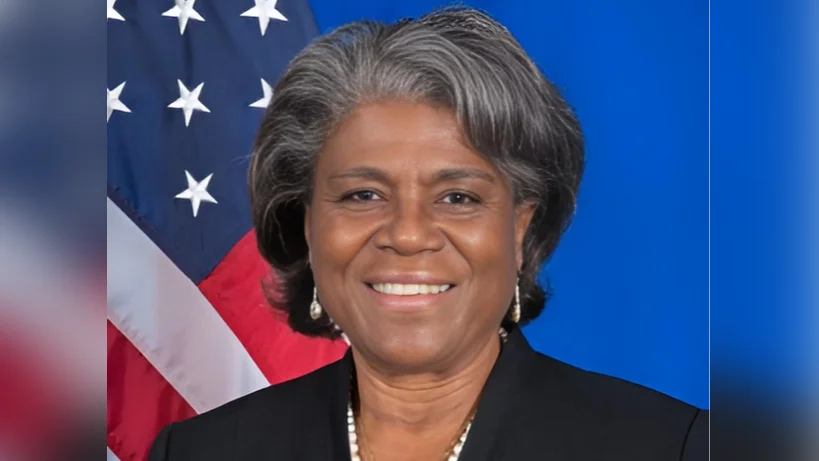Thank you, Madam President. I would like to acknowledge Assistant Secretary-General Martha Pobee and Ms. Shayna Lewis, and thank you for your briefings, which as others have noted were quite sobering.
And thank you, Ambassador Joonkook Hwang, for your stewardship of the 1591 Committee and for your briefing on its recent activities.
As the briefers have shared, this conflict continues to be the world’s largest humanitarian crisis – a crisis completely man-made.
Sadly, the Sudanese Armed Forces, the Rapid Support Forces, and other armed actors are using the denial of humanitarian assistance as a tactic of war by manipulating humanitarian operations to achieve military and intelligence objectives.
Parties to the conflict continue to impede humanitarian access, causing famine, immense loss of life, and wasted resources.
All parties – including the SAF and the RSF – need to ensure humanitarian access.
And in this regard, we were pleased to hear from ASG Pobee that the UN is pursuing a humanitarian pause.
President, the United States proposes the following three actions for the parties to implement their obligations:
One, they must remove bureaucratic impediments that delay the dispatch of supplies and personnel. Going forward, all parties should respond within 72 hours from notification of humanitarian implementors of intended use, contents, and destination of humanitarian assistance; otherwise aid should be allowed to move forward.
Two, the parties must open all border crossings into Sudan for humanitarian purposes including those from South Sudan into Darfur.
Three visas and presence permits must be issued for humanitarian workers throughout Sudan within one week of application. If Sudan is unwilling to issue visas and permits then UN and other international organizations should seek to base their response to conflict elsewhere in region.
The United States will hold groups accountable for blocking delivery of aid. We will consider readiness of parties facilitating humanitarian access enabling delivery when making decisions about funding programming partnerships on broader initiatives.
With regard 1591 Committee we urge Council reconstitute Panel Experts expeditiously so they can continue vital investigations reporting as mandated. Protracted holds blocks on Panel appointments only keep Council dark about grievous atrocities being committed in Sudan. The Committee must show concrete action apply targeted sanctions anyone responsible atrocities. We welcome Panel identification additional targets Committee consideration.
Finally United States praises work Emergency Response Rooms last-mile delivery humanitarian assistance first responders protect civilians heroic efforts critical survival innumerable Sudanese.
I thank you.

